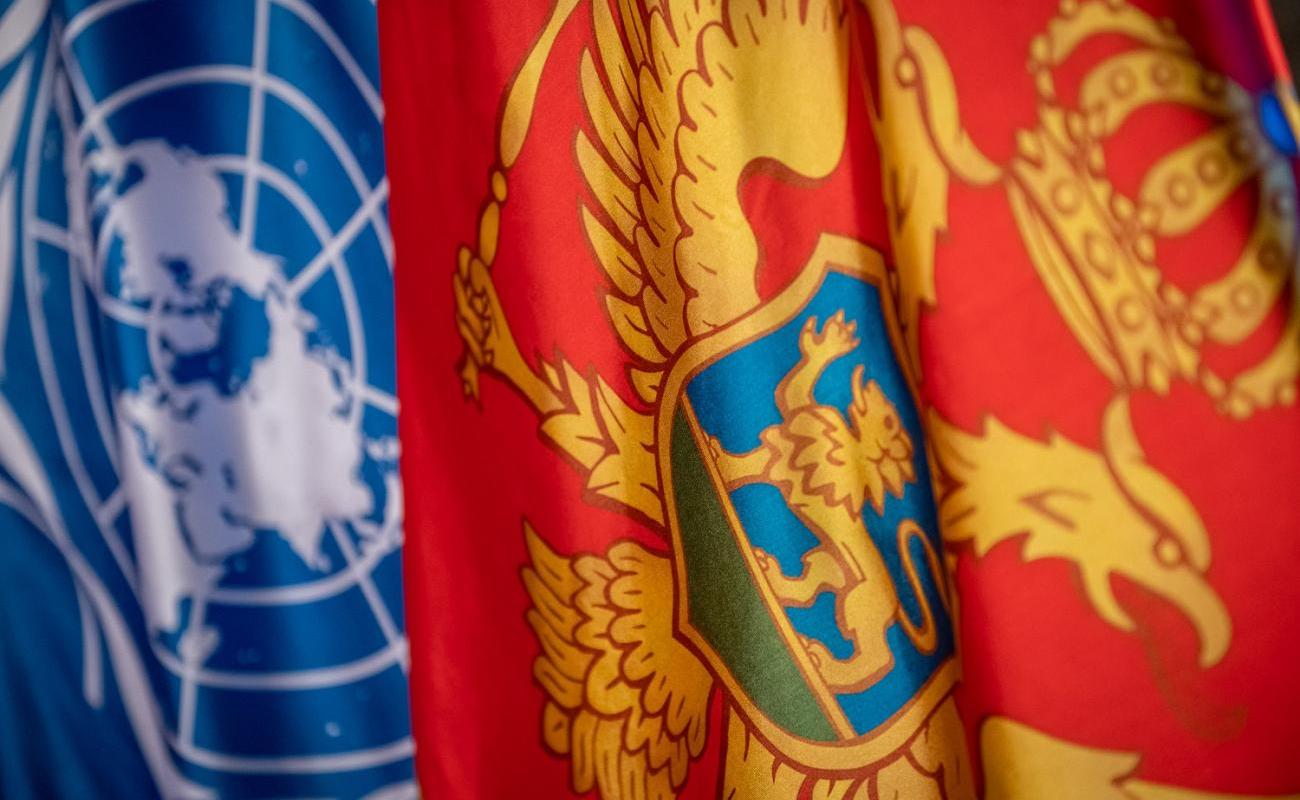The year behind us | United Nations in Montenegro

The previous year was again marked by a strong COVID-response drive and continuous support to national incentives to combat the impact on the health system, including help in facilitating the arrival of the first COVAX vaccines. As Montenegro was hit hard, UNCT mindfully crafted and managed the support it provided, ensuring that a high degree of flexibility was offered. This enabled the adaptation of the programme to new and difficult circumstances including exacerbated structural weaknesses and the risk of being left behind. In addition, UNCT’s work also included a focus on the Climate Action Agenda in the run-up to COP26 as well as a strong emphasis on the continuation of mainstreaming the 2030 Agenda with the EU accession.
“Achieving an effective response to these challenges required a high level of coordination between development partners in the course of 2021,” said in a joint statement Đorđe Radulović, Minister of Foreign Affairs of Montenegro and Peter Lundberg, UN Resident Coordinator in Montenegro.
In 2021 the UN Country Team continued to support the country in achieving national priorities through the 4-pillars structure of the current UN Development Assistance Framework (UNDAF) 2016-22: Social inclusion, Democratic governance, Economic governance and Environmental sustainability.
UNCT support in 2021 was particularly focused on certain areas including: covid response and recovery; social services delivery; public administration and public finances reform; citizens’ participation; environmental management and financing; innovations; energy efficient economy and sustainable use of natural resources; the efficiency and transparency of the judiciary, as well as strengthening strategic and policy framework. In the year of acute covid crisis affecting all areas of support, attention was also given to evidence collection and regular monitoring of the socio-economic impact of covid.
Implementation of UNDAF has reached 69 mil USD of utilized funds for five years of implementation, making the programme funding plan exceed by 24%. Priority SDGs within the available funding included 16 (peace, justice and strong institutions), 4 (quality education), 8 (decent work and economic growth), 12 (responsible production and consumption), and 3 (good health and wellbeing).
